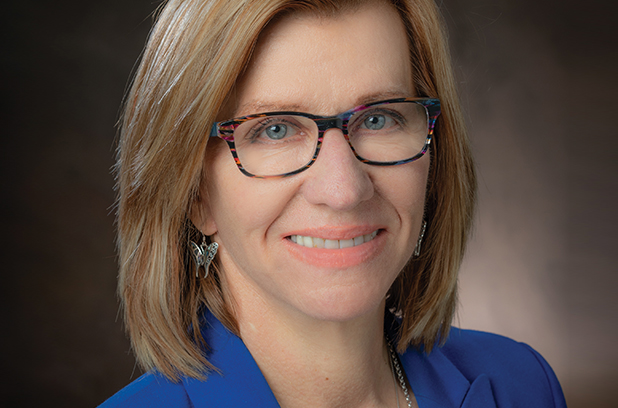Inside Supply Management Magazine
May/June 2021
Articles
Researching Trends and ‘Synthesizing Knowledge’ for Future Supply Managers
May 11, 2021

Title: University Distinguished professor and James Evan Rees Distinguished professor of supply chain management
...Want More Magazine?
Oh no... we really want you to have access to all of this great content! Membership does have its benefits and Inside Supply Management magazine is just one piece to help you advance your organization and your career. Learn more and join our community.

